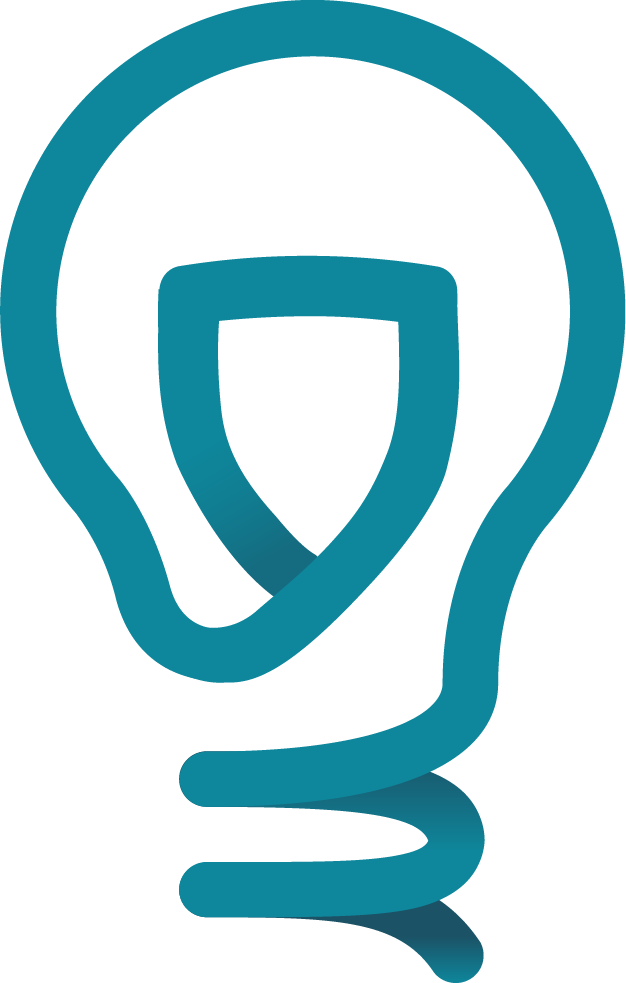Serena Han: Dealing with Our Irrationality, Better
Homo economicus: an economic model grounded in the assumption that humans are perfectly rational, entirely selfish, and flawless at self-control.
When you first hear this, you might scoff. Clearly, humans are far from such; we make spontaneous decisions, we care about others and the earth (I hope), and we love the phrase "Due tomorrow? Do tomorrow!" Not surprisingly, in 2010 behavioral economics rose into prominence to recognize homo economicus's shortcomings, using psychology to tweak prior models and to create more effective policies.
Much like behavioral economics, Effective Altruism recognizes that humans' intuitions often fail. We tend to care more about those within our countries than those in the developing world, where poverty is far more extreme. We tend to value a single life, but once the numbers grow, we fail to comprehend them. We register events as more likely when we can see them, meaning we unduly ignore problems simply because they're out of our sight.
And yet, whereas behavioral economics seeks to understand people's imperfection and leverage that to offer better nudges, EA likes to tell people they're wrong. The EA movement often becomes laser-focused on the goal of making more people more rational rather than advocating for policies that deal with, and in some ways accept, our irrationality.
Trying to make more people more rational likely entails getting people to join their local EA group and spend hours per week reading and discussing EA. And while this number can always grow through our efforts, it will always be the people who enjoy philosophy and intellectualism and who can afford the time—the self-selecting few—who join. This leaves the EA movement frustrated, its own altruism less effective, and a whole group of people continuing to make suboptimal choices with no one to nudge them to do otherwise.
In contrast, changing the everyday person's actions means fixing an issue with a far greater scope and currently more neglect within the movement.
Perhaps, then, EA ought to take a lesson out of behavioral economics' book. While the intellectual discussions ought not to go away, we need to discuss seriously how to incorporate EA's goal into society at large while accepting that most people will never let their faulty intuitions go—or even come close. That being said, it may seem intractable; we know how to get a few more people to join EA, but how can EA change the actions of someone who might not even know EA exists?
I propose EA dedicate time to two key ideas: (1) Make it easier for people to understand and to agree with what EA is, even if they don't officially join the movement, and (2) push for norms that lead to more good regardless of people's knowledge of EA itself.
Some possible actions within the first category include:
Settle on a more concrete and accessible idea of what EA is for media and daily conversation. Right now, reputable media outlets present EA as a fringe idea related primarily to the rich and their donations, as well as a kind of dry, dispassionate movement. While nuance within EA is crucial, introductions must be less-so.
Dedicate a page of effectivealtruism.org to rebutting some common criticisms of EA. While EA is far from perfect, many arguments made by critics are sweeping generalizations that people have even responded to on Reddit, and yet they remain largely ignored by the official EA website.
Meet people halfway with their passions. While EA tends to hope its followers will donate irrespective of their personal attachments to a specific problem, few have successfully done so. If someone is particularly interested in donating to tackle climate change, for example, simply throwing out the general EA list of the most effective organizations will likely turn them away. Instead, EA may want to evaluate the effectiveness of organizations within specific cause areas such as racial equality, climate change, nuclear war, and more to form multiple lists.
For the second category, EA should leverage the massive effect that small structural changes can have on people's choices. Recall the large jump in donor participation caused by an opt-out rather than opt-in mechanism for organ donations. Below are some ideas related to "nudging" people in the right direction:
Advocate for government policies that simplify the process for people to do good or remind them of impacts they would otherwise forget. Some bolder policies include requiring information about the harms of factory farming on related goods, or having sellers put items that are better for the environment on shelves at eye level.
Help organizations that EA deems effective with streamlining their donation and involvement processes. Since people often act spontaneously when seeking to "do good," they are far more likely to carry out their action if the process is simple and easy to understand. Further, just as EA evaluates charities based on their impact, people naturally like when organizations are clear about their purpose and success. EA should make sure that after having done all that research, the selected charities' own websites display their impacts clearly.
All in all, working to make the busy, everyday person's actions more effective has undeniable merit. While EA faces many paths toward that end goal, I hope the movement will take them on with the same determination to "do good, better" that it has always shown, and that members of EA have all grown to love.
———
Serena is a first-year Harvard student who, when off-campus, calls the suburbs of Massachusetts her home. She is considering studying economics and computer science and is especially passionate about tackling extreme poverty and global development. In her free time, Serena enjoys singing (not well, but proudly) and listening to podcasts.
